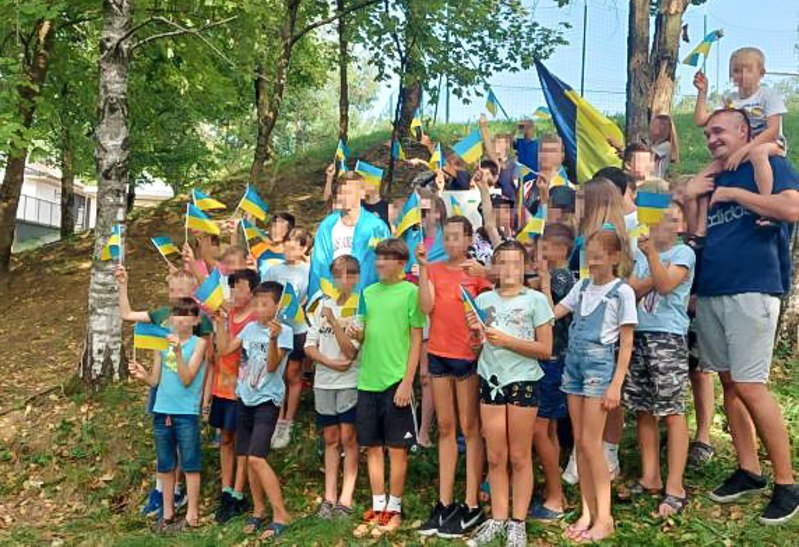Ukrainian orphans in Europe: keep them safe or bring them home?
Last summer, police in the Italian city of Bergamo blocked the repatriation of 57 Ukrainian orphans aged between 6 and 16, who had been staying in Lombardy since the start of Russia’s full-scale invasion of Ukraine. The Ukrainian government, via its consulate in Italy, had requested their immediate repatriation. However, international child protection organisations — including the UNHCR and UNICEF — as well as the guardians of 34 of the children, formally applied for international protection and opposed their return. As a result, the Ukrainian children remained in Italy.
According to Petro Dobromilskyy, head of Ukraine’s State Child Protection Service, as of August 2024, 2,155 orphans and children deprived of parental care were abroad due to forced evacuation linked to Russia’s full-scale war against Ukraine. The official stated that a special task force under the Ministry of Social Policy is working to ensure the safe return of these children to Ukraine — exclusively into family-based care.

Families across Europe who have taken in Ukrainian children continue to insist on the children’s right to remain in safe environments. This dispute is still ongoing — and not only with Italy.
Italian journalists Stefania D’Ignoti, Cecilia Butini, and Davide Maria De Luca explored the issue in depth with the support of JournalismFund Europe and the IJ4EU consortium. Their findings were published in a special article for LB.ua.
At the same time, Kseniya Novytska spoke to Petro Dobromilskyy, Head of the State Child Protection Service of Ukraine, specifically for LB.ua, to discuss all the challenges surrounding the return of orphans to Ukraine and the standards of care required for them.
To give readers the full picture, we recommend reading both articles:
‘Return of Ukrainian orphans from Europe: the struggle continues’ (Stefania D’Ignoti, Cecilia Butini, Davide Maria De Luca)
‘How Ukraine brings orphans home from Europe — and why it sparks legal disputes in other countries’ (Kseniya Novytska)








